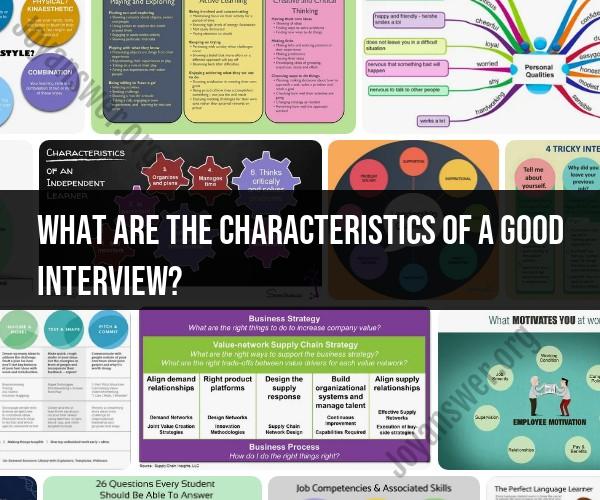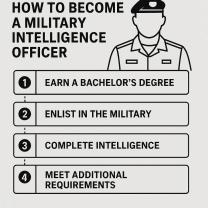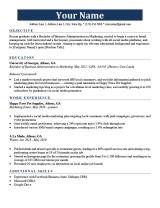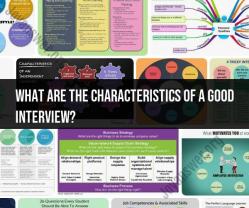What are the characteristics of a good interview?
A good interview, whether it's a job interview, research interview, or any other type of interview, exhibits several key characteristics. These qualities contribute to a successful and effective interview process:
Clear Purpose: A good interview has a well-defined and clear purpose. Both the interviewer and interviewee should understand why the interview is taking place and what its objectives are.
Structured and Organized: Interviews should be organized and follow a structured format. This includes setting an agenda, having a list of questions or topics to cover, and managing the interview's timing.
Active Listening: Interviewers should actively listen to what the interviewee is saying, showing genuine interest and empathy. Active listening helps build rapport and ensures that the interview stays on track.
Effective Communication: Clear and effective communication is vital. Interviewers should articulate questions and instructions clearly, while interviewees should provide relevant and concise responses.
Open and Respectful: Interviews should create an open and respectful environment where both parties feel comfortable expressing themselves. Respectful communication fosters trust and honesty.
Preparation: Both the interviewer and interviewee should be adequately prepared. Interviewers should research the interviewee and the topic, while interviewees should know the organization or subject matter.
Relevance: Questions and discussions should be relevant to the interview's purpose and objectives. Avoid going off-topic or asking irrelevant questions.
Flexibility: While structure is important, a good interview should also allow for flexibility. Interviewers may need to adapt their questions or approach based on the interviewee's responses.
Probing Questions: Interviewers should ask probing questions when necessary to delve deeper into topics or responses. These questions encourage interviewees to provide more detailed and insightful answers.
Empathy and Sensitivity: A good interview shows empathy and sensitivity to the interviewee's feelings and experiences. This is especially important in research interviews or when discussing personal topics.
Follow-Up: Interviewers should ask follow-up questions to clarify or expand on interviewee responses. This demonstrates engagement and a deeper level of inquiry.
Non-Biased: Interviews should strive to be non-biased and impartial. Interviewers should avoid leading questions or showing favoritism, particularly in job interviews.
Focused on Goals: Keep the interview focused on achieving its goals and objectives. Avoid tangents or distractions that don't contribute to the interview's purpose.
Time Management: Respect interviewee's time and manage the interview within the allotted time frame. Punctuality is crucial.
Feedback: After the interview, provide constructive feedback if applicable. In job interviews, for example, constructive feedback can help candidates improve.
Confidentiality: Respect the confidentiality of information shared during the interview, especially in research or sensitive discussions.
Record-Keeping: Maintain accurate records of the interview, including notes, transcripts, or audio recordings, as appropriate.
Professionalism: Both interviewers and interviewees should conduct themselves professionally, adhering to established norms and etiquette.
Outcome-Oriented: A good interview should have clear outcomes, whether it's a decision, research findings, or insights. Ensure that the interview leads to meaningful results.
These characteristics collectively contribute to a productive and respectful interview process, regardless of its purpose or context. Whether you are conducting or participating in an interview, striving for these qualities can enhance the overall experience and outcomes.
Qualities of a Successful Interview: Key Characteristics
There are a number of key characteristics that contribute to a successful interview. These characteristics include:
- Preparation: A well-prepared candidate is more likely to have a successful interview. This means researching the company and the role, as well as practicing answering common interview questions.
- Communication: Good communication skills are essential for a successful interview. The candidate should be able to articulate their skills and experience clearly and concisely.
- Confidence: Confidence is another important characteristic for a successful interview. The candidate should project confidence in their abilities and their qualifications for the role.
- Enthusiasm: Enthusiasm for the job and the company is also important. The candidate should show that they are excited about the opportunity and that they would be a valuable asset to the team.
Mastering the Interview Process: Characteristics of a Good Interview
In addition to the key characteristics listed above, there are a number of other characteristics that can contribute to a successful interview. These characteristics include:
- Professionalism: The candidate should dress professionally and arrive on time for the interview. They should also be polite and respectful to the interviewer.
- Positive attitude: The candidate should maintain a positive attitude throughout the interview. This shows the interviewer that they are optimistic and have a good work ethic.
- Active listening: The candidate should listen actively to the interviewer and ask questions to clarify any points that they are unsure about. This shows the interviewer that they are engaged and interested in the role.
- Honesty: The candidate should be honest and truthful in their answers to the interviewer's questions. This shows the interviewer that they can be trusted and that they are a good communicator.
Interview Success Factors: Traits That Make a Difference
Here are some additional traits that can make a difference in your interview success:
- Be yourself. Don't try to be someone you're not, because the interviewer will be able to tell. Be genuine and let your personality shine through.
- Highlight your strengths. Make sure to highlight your strengths and accomplishments during the interview. Be specific and provide examples to support your claims.
- Be prepared to answer common interview questions. There are a number of common interview questions that you can expect to be asked. Be prepared to answer these questions in a clear and concise manner.
- Follow up. After the interview, be sure to send a thank-you note to the interviewer. This shows your appreciation for their time and consideration.
By following these tips, you can increase your chances of having a successful interview.











